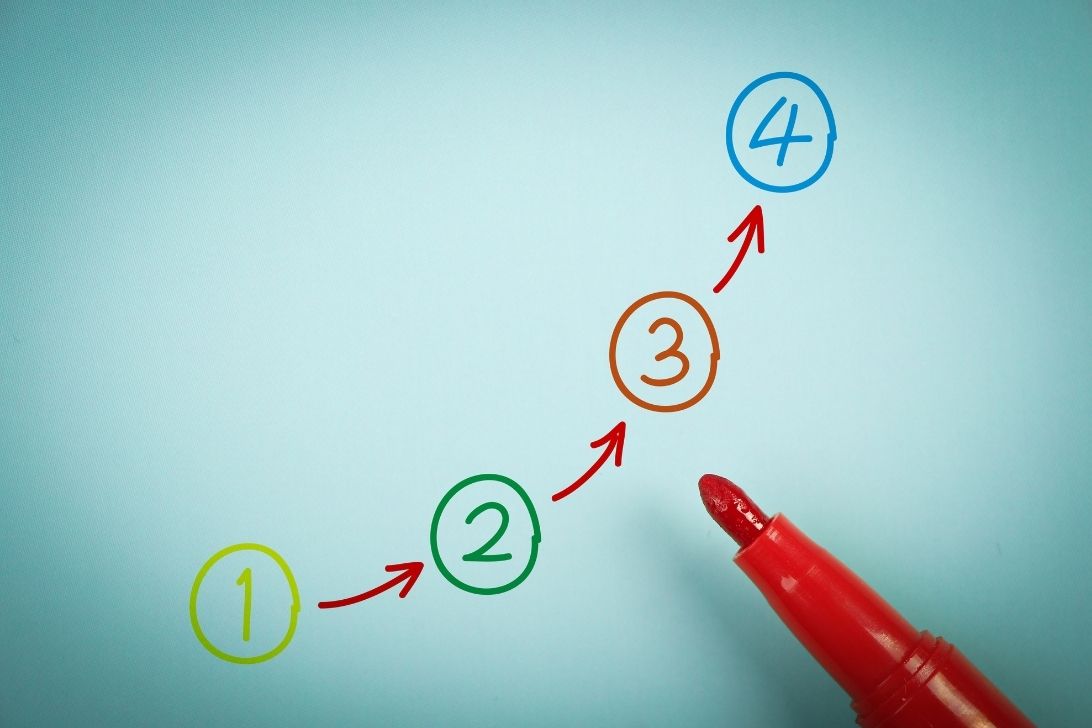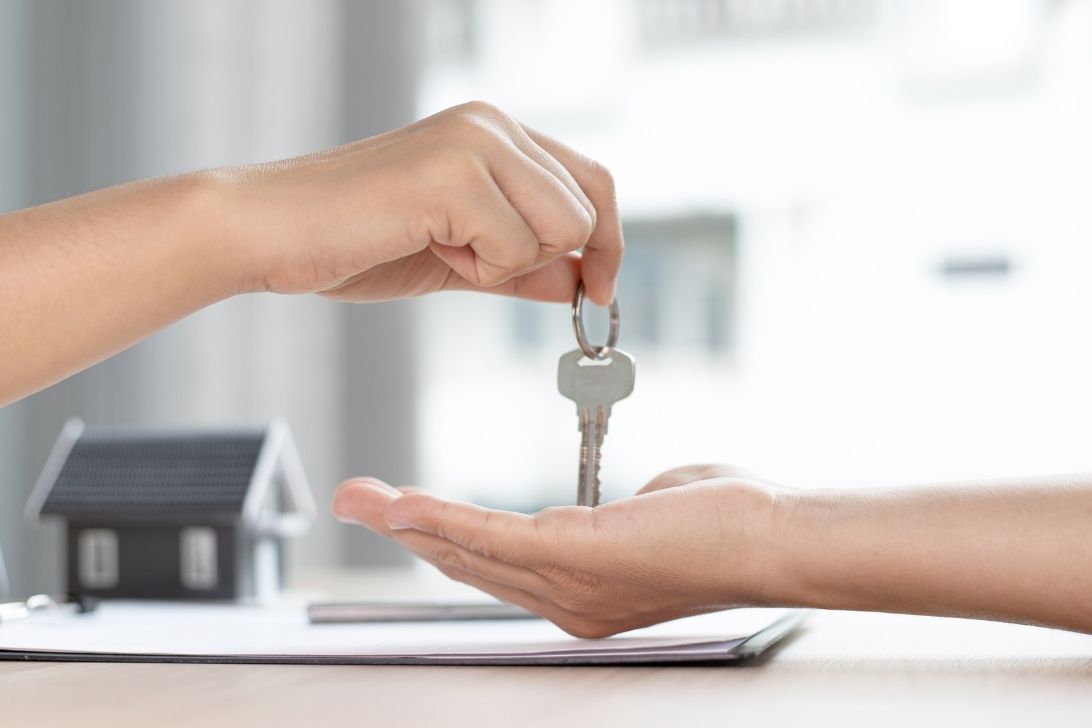House Closing Process For Sellers
Closing on a house sale is a major event for both the homebuyer and the seller. Unfortunately, it can be hard for the selling side to find good information about the housing closing process for sellers. Here I will help home sellers understand what to expect when closing on a home sale.
What Is The House Closing Process
Hearing people talk about the home buying and selling process might cause you to ask what is closing on a house. Closing is the final step of a home purchase or sale. A home closing is a required event which brings finality to the transaction between buyer and selling including transference of the deed in exchange for the purchase price. The closing is the final step we participate in with our clients as they sell their home.
The other commonly asked question is how does closing on a house work? The closing is completed by a closer which is most often a person at a title company. The closer acts as an impartial, objective intermediary to collect all of the signatures on all of the documents.
What To Expect When Closing On A House

Home sellers should expect the closing to take about an hour. Home sellers should expect to sign a handful of documents. The buyer on the other hand will sign many more documents especially if the buyer is using a mortgage to complete the purchase. Some of the documents which will be signed include:
- Final statements to document that all negotiated terms of the agreement have been met by both the seller and buyer
- Loan documents if the buyer is getting a mortgage
- The deed which transfers ownership of the property from the Seller to the Buyer
- Tax reporting documents for capital gains taxes
Once all of the documents are signed the home seller will receive the proceeds from the sale. Also, access to the property including keys are handed to the buyer.
Steps To Closing On A House

There are multiple steps leading up to the closing date on house sales. Along with knowing what happens at a house closing, you should also know what it takes to get to the closing table.
Depositing Earnest Money Into An Escrow
The first step after a homebuyer has his or her offer accepted is depositing earnest money. Earnest money is like a deposit on the home meant to motivate the homebuyer to take his or her obligations seriously and make progress towards closing the purchase of the home. Earnest money is usually held by the title company or the real estate brokerage company listing the home for sale.
The Lender Begins The Mortgage Underwriting Process
Homebuyers’ next step is to complete a formal application for financing. This requires the buyer to speak or meet with the mortgage loan officer. The loan officer will begin asking the homebuyer to supply financial documents. Once many of these documents are collected the mortgage underwriters will begin underwriting the mortgage.
Title Commitment Production
Either the seller or homebuyer will order a title commitment. This is produced by the title company. A title commitment includes a look back at the chain of title of the property to assess the seller’s ability to sell the real estate with a clean title. The title company will alert the seller and buyer about any clouds on the title which must be corrected.
The Homebuyer Completes A Home Inspections
Many homebuyers will have a home inspection completed on the home they are buying. Typically, the seller and buyer agree on an amount of time the buyer may inspect the property. The buyer orders and pays for the home inspections he or she wants completed. The buyer may have reserved the right to make a response to those inspections. In the response is where the buyer would request the seller to make any repairs.
The Lender Has The Home Appraised
If the buyer is using a mortgage to purchase the home, the lender will require an appraisal is completed before committing to provide the loan for the property. Once contacted, the appraiser will arrange with the seller or listing agent to tour the property. About 7 to 14 days later an appraisal report will be produced. This report must show the property is an amount equal to or more than the contract purchase price.
Homebuyer Completes A Final Walkthrough
The homebuyer is likely going to complete a final walk through immediately before closing. This is meant to ensure the home is an acceptable condition to the buyer. Also, the final walk through can give the buyer an opportunity to make sure repairs were completed.
Home Closing
The final step is the closing at the title company. At the closing, the seller and buyer will each sign their documents which includes documents that all terms of the purchase agreement have been completed. The seller will sign the deed, and ownership will transfer to the buyer. The seller will receive the net proceeds from the sale, too.
What To Bring To House Closing?

Home sellers and homebuyers need to be prepared to bring certain items to closing.
Home Sellers
Home sellers need to bring keys and garage door openers so the buyer can access the property. Also, a home seller needs to bring any other agreed upon items to closing. This could be a survey location report or other documents about the home. Also, the home seller will need to furnish acceptable identification which usually is a government issued photo ID such as a driver’s license.
Homebuyers
Typically, homebuyers need to bring two things to closing. First, an acceptable form of ID which usually is a government issued photo ID such as a driver’s license. Secondly, homebuyers need to bring their funds to close to closing.
How Long Does Closing On A House Take?
The house closing timeline takes about 32 to 45 days. The actual closing which is the final step in the process of buying a home takes 45 to 90 minutes. The range is based on how many documents each side needs to sign and whether or not funding from the lender needs to arrive after the lender has reviewed some of the signed documents.
What Are The Seller’s Responsibilities During A House Closing?

During the home sale process, the seller has several contractual obligations he or she must follow. Here are typical requirements for the home seller:
- Maintain the property in the same condition – The seller must maintain the property so that it is similarly material compared to when the buyer viewed the property and made an offer. Any changes or damage to the property must be reported to the buyer immediately upon their occurrence.
- Allow access to the property – A seller must accommodate reasonable requests from the buyer to view the property. The buyer must be provided an opportunity to complete his or her due diligence.
- Remove personal property – Sellers are required to remove all personal property which was not included in the purchase agreement.
- Making agreed upon repairs – If at the time of the buyer’s inspection you agreed to make some repairs those must be completed as described in your agreement with the buyer.
What Are The Buyer’s Responsibilities During A House Closing?
Equally so, a homebuyer must meet his or her obligations found in the purchase agreement. Failing to meet these obligations can jeopardize the transaction giving rise for the seller to terminate the transaction and possibly keep the earnest money. Typical buyer obligations include:
- Depositing earnest money
- Schedule inspections and deliver responses within the prescribed timespan
- Apply for financing in a timely manner
- Ordering the appraisal immediately
- Attend the closing and purchase the property
How Much Are Closing Costs On A House In Indiana – And Who Pays Them?

Both home sellers and homebuyers have closing costs to pay. The amount of closing costs on a house sale varies based on the home’s value, whether or not a lender is involved, and the property tax rate. Home sellers’ closing costs are in four different categories:
- Title company charges – Expect about $850 to $1,100 for these
- Owner’s title insurance policy – This will be about 0.002% to 0.003% of the sale price
- Real estate commission fees – This varies widely based on your real estate agent. Did you know the Quadwalls Real
- Estate team has some of the lowest real estate commission fees in Indiana?
- Property tax prorations – Indiana is one year in arrears on property tax collection. Therefore, the amount is all of the accrued but not yet due taxes up to the closing date.
Homebuyers have their own closing costs which vary widely based on the details of the transaction. Here is a list of common homebuyer closing costs in Indiana:
- Title company charges – Expect these to be about $650 to $900
- Escrow impounds – This is money collected at closing to begin funding an escrow account for property taxes and insurance
- Loan production fees – This only applies if the buyer is getting a mortgage to buy the home
- First year homeowner’s insurance – Typically the first year of homeowner’s insurance is paid at closing
Generally, each party pays their own closing costs. In a buyer’s market it is possible to have the seller offer a credit to help offset the cost of the buyer’s closing costs. You can learn more about house closing costs in Indiana and who pays closing costs when selling a house here.
What Happens After Closing On A House?
After closing on a house the buyer takes over. If the buyer gets to take immediate possession of the home the buyer can go to the home and begin moving in and using the property immediately. On the other hand, the seller no longer has a right to possess or access the property.
Home sellers should confirm all utility services are removed from their name. This includes gas service, electricity, trash collection, and telco or cable services. Also, home sellers should not forget to tell the postal service about their address change.
Conclusion
A home closing is the final step in the home sale process. For a home seller to have a successful closing he or she just needs to meet all of the obligations assigned in the purchase agreement. The closing should be a celebration and is the conclusion to what can be a long event.
The Quadwalls Real Estate Team can make selling your home easier. We offer a full-feature home-selling service with low real estate commission fees. Click here to learn more about our home-selling services. Or, feel free to just contact us directly.
 Updated: February 20, 2024
Updated: February 20, 2024  922
922  11 min
11 min











